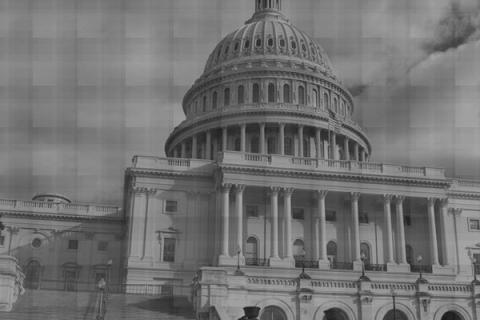In terms of competitions, swing state Nevada is not winning any when it comes to the economy. The state has the highest unemployment in the nation, at 11.6%, and the third most home foreclosures. It also has six electoral votes in November. Undoubtedly, swing voters in this state care about economic policy and its effect on their lives.
President Barack Obama won the state by twelve points back in the 2008, but his showing this year is unknown given the sour recession Nevada has grappled with, and its struggle to rebound.
Nevadans are concerned with the economy and its housing crisis, and hope for more government initiatives to help the state survive its major economic downturn.
“Mostly people will be looking at national economy – looking for a broad recovery which gives people elsewhere more discretionary income to come here,” David Schwartz, director of the Center for Gaming Research at the University of Nevada, Las Vegas told the Huffington Post.
Nevada has the most concentrated economy nationwide. Its tourism and gambling sector account for more than one-quarter of the state’s 1.14 million non-farm jobs. Thirteen of the twenty largest employers are casino and hotel companies.
Las Vegas, Nevada presents an assorted representation. The private sector maintains good business and surging luxury real estate sales propagated by wealthy international businessmen. However, thousands of construction workers remain jobless and outside Las Vegas, business is not booming.
Mitt Romney may have an advantage in appealing to Nevadans by campaigning on the fact that President Obama’s policies simply have not worked, in the opinion of many residents. Gov. Romney is also strongly supported by the state’s Mormon population. Although Nevada’s Mormon population is 7%, they played a major role by heavily participating in the caucuses.
Despite Romney’s conflicting beliefs toward the gambling culture in Las Vegas, some “casino moguls” Sheldon Adelson and Steve Wynn, have publically criticized the President’s policies and subsequently have donated millions to the Republican caucuses, “including a group supporting Romney.” Most recently, Adelson traveled to Israel to appear at a fundraiser with a traveling Gov. Romney, during one of the legs of his overseas tour.
Nevada’s Hispanic population grew to 26.5% in 2010 and are an increasingly important demographic in the state. It is an understatement to say President Obama’s campaign counts on Nevada’s Hispanic vote to carry the state.
President Obama visited Nevada back in May for campaigning. During his trip he addressed the challenges of a slow recovering economy and advertised mortgage refinancing legislation he asked Congress to approve. He played up the administration’s decision to increase refinancing applications nationwide by 50%, and by 237% in Nevada. The Obama campaign strategically highlighted a previous Romney statement that the solution to the foreclosure crisis in Nevada is to let the housing market hit bottom.
Perhaps neither candidate present great options to Nevadans whose “reeling state economy relies heavily on indulgent, vice-spiced tourism.” Still, both can count on certain smaller Nevadan populations to vote for them. In 2000 and 2004, Nevada voted for the Republican candidate in the presidential elections. The last presidential election cycle in 2008 marked the first time Nevada voted for a Democratic candidate in some time.
For a preoccupied Nevada, rebounding from awful economic challenges is of utmost importance. For candidates, it will come down to who is able to lay out a more trustworthy economic plan and market their expertise to the voters of Nevada.

